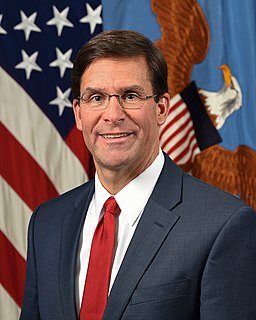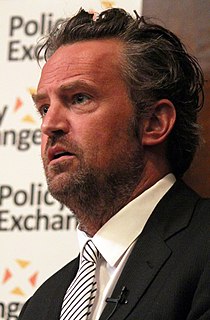A Quote by Elon Musk
I do think there should be some regulations on AI.
Quote Topics
Related Quotes
The way AI complements people's work, it actually creates a lot of new jobs, a lot of demand. For example, if a automatic visual inspection technology helps spot flaws in manufacturing parts, I think that in some cases, this does create a lot more demand for people to come in to rework or to fix some of the parts that an AI has found to be flawed.
As the founding lead of the Google Brain team, former director of the Stanford Artificial Intelligence Laboratory, and now overall lead of Baidu's AI team of some 1,200 people, I've been privileged to nurture many of the world's leading AI groups and have built many AI products that are used by hundreds of millions of people.
There are two companies that the AI Fund has invested in - Woebot and Landing AI - and the AI Fund has a number of internal teams working on new projects. We usually bring in people as employees, work with them to turn ideas into startups, then have the entrepreneurs go into the startup as founders.



























